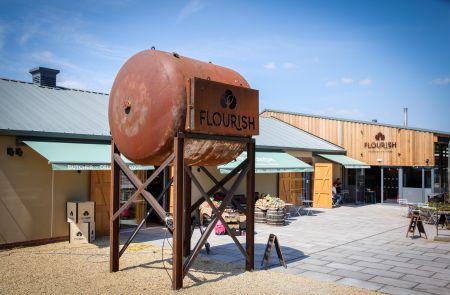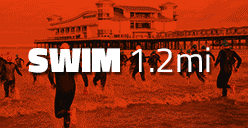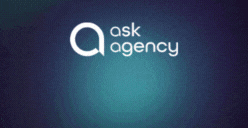In case you missed it see what’s in this section
Let's Talk
Why Some Places Seem Luckier Than Others: The Geography of Fortune
We’ve all heard tales of “lucky towns” or corner shops that seem to spit out jackpot winners on the regular. But is it true that geography can favor your fortune? And if so, why? Let’s unravel how chance collides with location—and why sometimes, a map looks downright lucky.
Traffic, Tickets, and the Tale of Two Stores
High-volume venues sell more tickets. It sounds obvious, but it matters. When a roadside gas station moves thousands of tickets a day, odds dictate it will rack up more winners than a sleepy market stall. That’s pure probability. So when you hear that one convenience store has sold thirty million-pound winners in a decade, it usually just means they’re selling a lot of tickets, not that pixies are whispering numbers to the clerk.
Clusters and Coincidence
Even with equal ticket sales, randomness rolls in clusters. Imagine tossing a coin ten thousand times. You’d expect runs of heads or tails. The same principle applies to lottery draws. With hundreds of millions of tickets sold nationwide each week, some areas will statistically score a hot streak of winners. It’s simply the law of large numbers at work—nothing mystical, just math.
According to Lottoland, some parts of the UK experience more luck than others based on the number of winning lottery tickets they purchase. Urban centers and tourist hotspots naturally push up sales, and so more winners spring from those postcode districts. It isn’t that coastal towns or inner-city boroughs are enchantingly endowed—it’s where people buy more chances.
Beyond Tickets: The Human Factor
Of course, local culture nudges things too. Areas with high disposable incomes might see more regular players. In college towns, office pools boost sales at campus newsstands. Meanwhile, small communities sometimes band together for syndicate bets, shifting their local ticket volume sky-high for that week’s draw. A single syndicate win can transform a quiet village into “the luckiest place on earth”—at least until the next dry spell.
Is This Real Luck?
If you’re craving a deeper explanation, remember that genuine “geographic luck” lacks scientific backing. There’s no magic in the soil or energy lines converging under a particular shop. Instead, these patterns spring from simple but powerful forces: how many tickets get sold, who’s buying them, and pure, unfiltered randomness.
Final Thoughts
Humans love rituals to coax fortune their way. From tossing shards at friends during the new year in Denmark to carrying red envelopes in China, we create ceremonies to feel in control, even if only symbolically. Near the end of any lottery-fueled streak, you’ll see people crossing fingers, knocking on wood, or blessing tickets before the draw. These rituals are less about changing odds and more about easing nerves.
So next time you pass that supposedly “lucky” newsagent, take a moment. Acknowledge the math behind its success. Buy your ticket if you like, but don’t expect geography to do the dreaming for you. Chance is democratic—every ticket holds the same shot, wherever it’s sold.
What’s your take? Have you got a local spot you swear by? Share your stories in the comments below and let us know where luck finds you.
Weather in Bristol
Listings

















